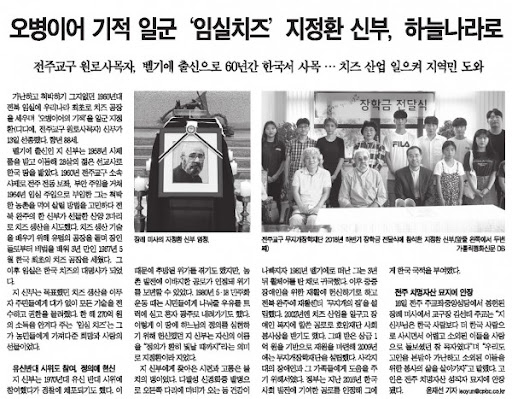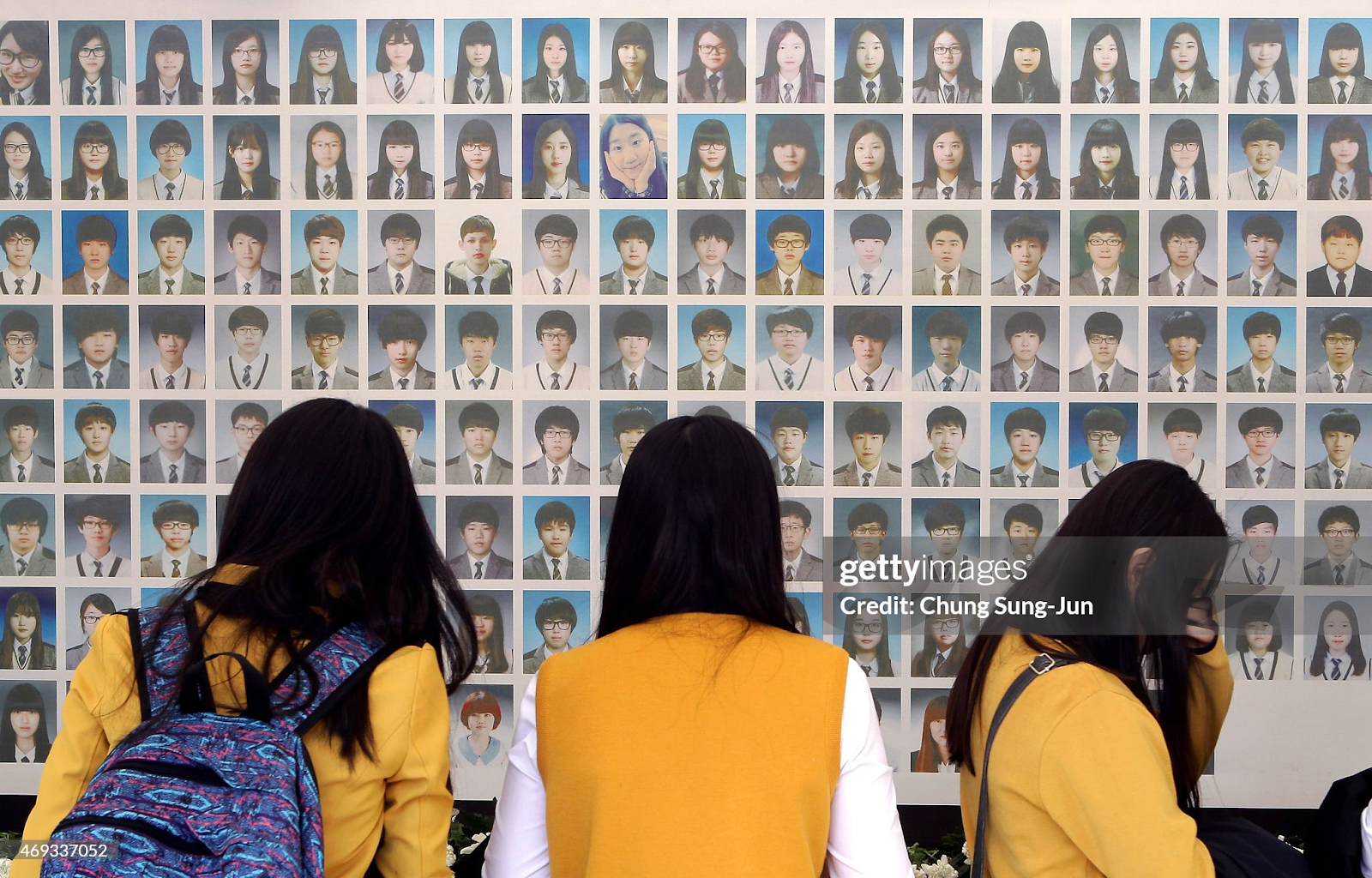In the Catholic Peace Weekly Diagnosis of the Times column, a Catholic University professor considers our present times and the crisis of life that he sees.
The cultural crisis in modern society is by no means trivial. This is because culture and lifestyles have changed rapidly since the Industrial Revolution and no philosophical system to explain it.
Of course, the European Enlightenment and the philosophy of modernity attempted to explain this phenomenon. However, as subsequent history has shown, this system not only set humans as the masters of existence but also caused dysfunction by alienating and distorting all other life forms and nature by emphasizing only the rational characteristics possessed by humans. This phenomenon is revealed in the scientism and capitalist system that has spread widely in modern times.
Science is an important knowledge system through which humans obtain truth from the natural world. However, when scientific knowledge is set as the final standard for truth, truth systems other than positivist knowledge lose their place. This excludes areas science cannot enter in the search for truth.
The capitalist system has greatly contributed to solving the serious poverty problems of the pre-modern era by promoting economic development. It is also the material foundation that makes the current liberal democracy possible. However, this led to serious inequality and serious harm to humans' inner lives by being concerned with excessive consumerism and materialistic goals.
Modernity is concerned with production. If science and technology transform everything into components, capitalism commodifies all areas of human life. Finally, we have fallen into a serious loss of meaning and emptiness that excludes transcendence. How can philosophy overcome the metaphysics of productivity and verbalize areas beyond what this system cannot see?
Life, with the will to live, is an existence that creates life beyond the material realm. Here, humans, endowed with self-consciousness and self-understanding, have become aware of their nature to elevate life itself to the realm of transcendence, along with its inherent characteristics. Humans, recognizing the divine nature as their identity, the highest existence, seek to achieve this nature by verbalizing personhood.
When humans, as semantic beings, can verbalize the inherent and transcendent characteristics of life, it becomes possible to think beyond the metaphysics of production. Only then can humans prepare to overcome the contradictions of the scientism and capitalist system of modern positivism. Through this, we will transcend the horizon beyond the emptiness and nihilistic situation of modern culture.
A culture of respect for life and a culture where life can be life will finally provide the right opportunity.






